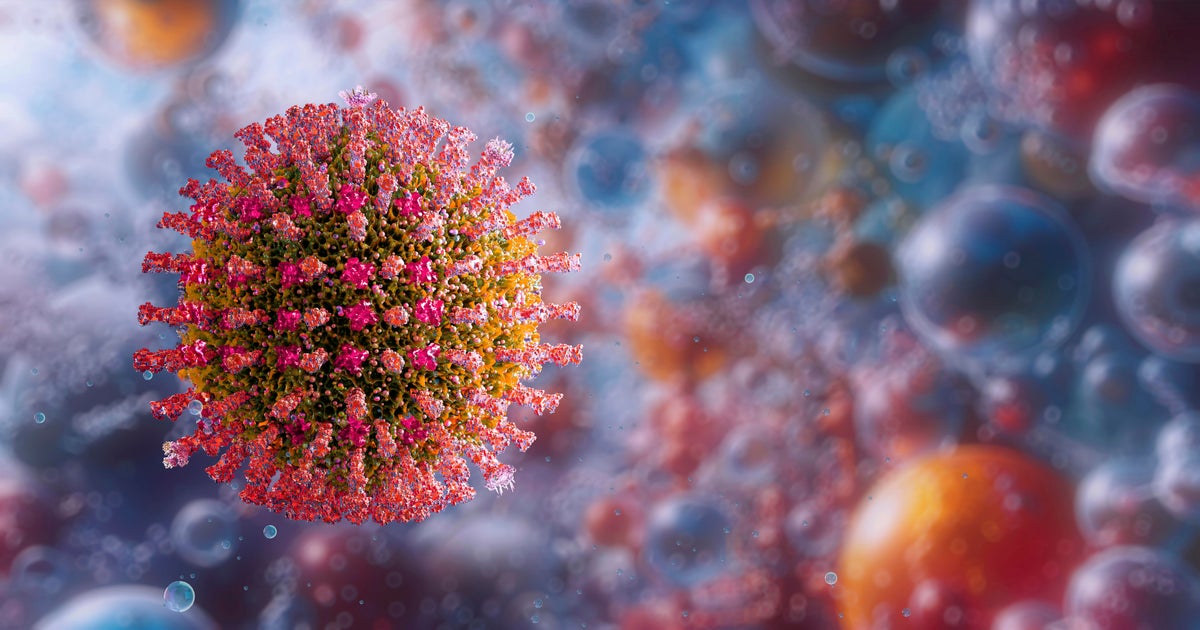WHO: Processed Meats, Red Meat Can Cause Cancer
Follow CBSMIAMI.COM: Facebook | Twitter
MIAMI (CBSMiami) -- Processed meats are now considered carcinogenic to humans, according to a new report by the World Health Organization (WHO).
The agency evaluated processed and red meat to find out the carcinogenicity of the food and how it affects our bodies.
Through that they classified processed meat as "carcinogenic to humans" based on what they said was "sufficient evidence." Experts say that each 50 gram portion of processed meat eaten daily increases the risk of getting colorectal cancer by 18 percent.
"For an individual, the risk of developing colorectal cancer because of their consumption of processed meat remains small, but this risk increases with the amount of meat consumed," says Dr. Kurt Straif, with the International Agency for Research on Cancer (IARC), the cancer agency of the WHO. "In view of the large number of people who consume processed meat, the global impact on cancer incidence is of public health importance."
To clarify, the organization said processed meat is that which has been "transformed through salting, curing, fermentation, smoking, or other processes to enhance flavor or improve preservation." Most processed meats are pork, beef, other red meats, poultry, offal or meat by-products such as blood, according to WHO. This includes bacon, sausage and hot dogs .
Based on the results of their evaluation, the agency is warning the public to avoid processed meats when possible.
The agency also took a look at the individual effect of red meat and concluded it to be "probably carcinogenic to humans" based on "limited evidence." Consumption of it could cause colorectal cancer, pancreatic cancer and prostate cancer.
The report comes after the agency says they considered more than 800 studies that investigated associations of more than a dozen types of cancer in relation to red meat and processed meat consumption- something of interest to public health.
"These findings further support current public health recommendations to limit intake of meat," says Dr. Christopher Wild, Director of IARC.
But they say it's not about swearing off red meat and all together.
"At the same time, red meat has nutritional value. Therefore, these results are important in enabling governments and international regulatory agencies to conduct risk assessments, in order to balance the risks and benefits of eating red meat and processed meat and to provide the best possible dietary recommendations," said Wild.
The North American Meat Institute is calling the report "dramatic and alarmist" - and argues that cancer is a complex disease "not caused by single foods."







